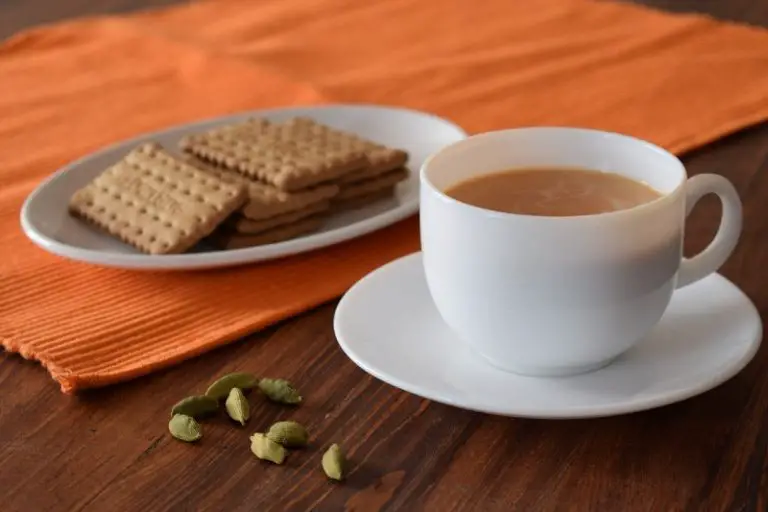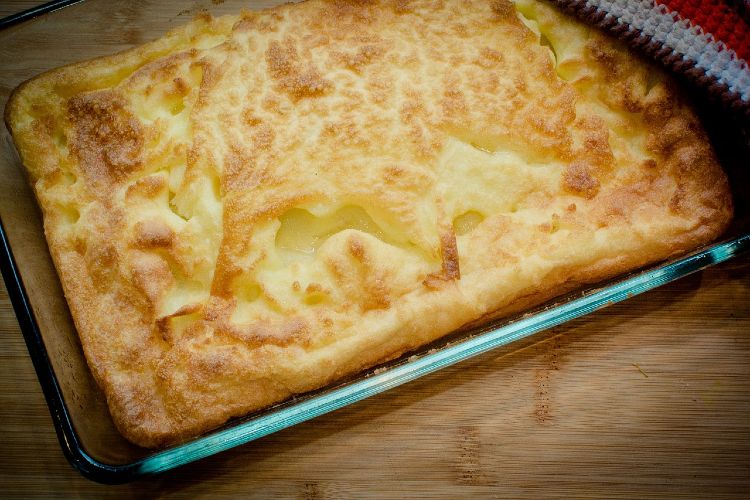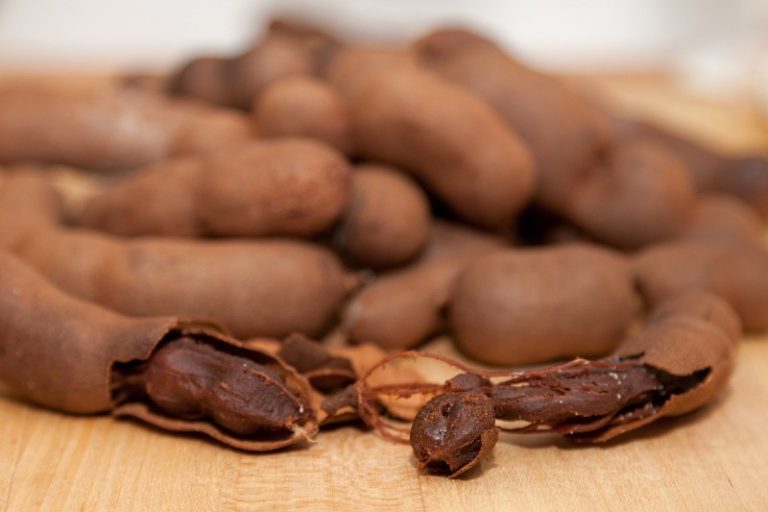“Food Britannia” by Andrew Webb
If you are travelling round Great Britain looking to find the very best British food produce to buy, or if you are visiting on your holidays and want to know about the very best, authentic British eateries, then “Food Britannia”, written by Andrew Webb and published by Random House, is the book for you.
It is, quite simply, one of the most useful and comprehensive, kaleidoscopic catalogues of the finest British food producers ever written. Unlike some books on the subject, Andrew Webb, a food journalist and photographer, gets to the very heart of the matter and details each entry with very comprehensively researched essays.
He travelled no less than 10 500 miles in order to write over 300 entries for a book that takes you from coast to coast, from north to south, through the villages, towns and cities of Britain, right through farms, delicatessens, pubs and cafes. Andrew did not stop at Michelin starred eateries or expensive food halls. He went to interview the very best artisanal producers, growers and purveyors: ordinary people making extraordinary food.
He stopped to meet Tony Eades, owner of the eponymous greengrocer’s shop in Bath, a fruit and vegetable institution for many of the heritage city’s residents and restaurants. He went to eat the fish and chips at Pete’s Eats Café, in Llanberis, Gwynedd, where the Snowdonia day trippers stop for a cup of tea, cake, a full British breakfast or legendary chip butty. In the entry for Castle Douglas, Dumfries and Galloway, we learn all about the 200 000 litres of dairy ice cream that the Finlay family produce every year, in over twenty flavours. In West Mersea, Essex, we can almost smell the salty air and taste the soft, sweet flesh of crab from the Company Shed. In Lewisham, in London, he ate chicken, pork and lamb jerk, and in Chinley in Derbyshire he tucked into steak and kidney pudding, with a proper suet-crust pastry case.
The author did so well to secure access to so many people who work in the food industry, as many can be adverse to being interviewed, photographed or questioned. Not a bit of it: Andrew Webb finds out the who, what, where, and why in every case, and our knowledge is much the richer from his great skill as a food journalist. He has also read widely around the subject matter, giving the reader a tantalising insight into the history of food. I learned all about the production of ice cream cones in Britain during the 19th Century, the history of rice cakes, the origins of Cambridge burnt cream and why the clanger was the lunch time food of choice for farm workers in the early part of the 20th Century.
This book can be used in several ways. Read through, from cover to cover, it can provide a very important information bank for the history of some foods that we really need to seek out, to buy, to eat, to showcase and to share with our children. Food is part of Britain’s rich heritage, history and civilisation and it is crucial that we all take time to learn of its provenance and production. We should all learn about Welsh rabbit, bara brith, clootie dumplings, Staffordshire oatcakes, haslet from Lincolnshire and Kendal mint cake on the National Curriculum, aged five, at primary school. British children are growing up oblivious of the seasons’ harvests, the origins of raw ingredients, the methodologies of cooking and the techniques of artisanal food production.
The author touches on this point when considering why Britain lags behind most of the Continent in its Protected Food Name status categories. One of the reasons he gives is that Britain had “…thrown overboard much of its artisanal food production techniques in the twentieth century…”
“Food Britannia” can also be used as a guidebook, kept in the car and used when travelling. Before you go off to Totnes in Devon for your summer break, you should be made aware of the pleasures of Sloe Tavy cheese, an aged goat’s milk cheese whose rind is washed in Plymouth Sloe Gin. If you are off to Somerset, then knowing where to stop to taste the local cider brandy, cheddar cheese, smoked eels and organic salad leaves can add interest and adventure to your journey. If you are on your way to Norfolk, then why not consider a trip with Food Safari, of Framlingham in Suffolk. They will take you round to meet local producers, you can do a cookery course, go foraging or fishing, learn to make cheese and see how bacon is made.
“Food Britannia” can also be used to help you format more intelligent shopping trips. There are many farm shops, delicatessens, bakeries, markets, fishmongers and pubs listed. The author has done all the research for the reader, so all you have to do is get out your road map and enjoy the excellence that is on offer. I am off soon for a cookery course at the School of Artisan Food, on the Welbeck estate, and now I know there is an excellent farm shop there too I will make a point of getting there early to make the most of it.
The book is laid out geographically in eleven regions, and for every region there is a map and a red star for whenever anything of note is included. There are also double green pages at regular intervals, and these offer more detailed studies of, for example: pea harvests, Yorkshire Pudding, mincemeat, ploughman’s lunch, East Anglian parsnips, British pubs and fry-ups.
It is refreshing to buy a book about food that has not been stylised and embellished to the last millimetre. Andrew Webb takes realistic, natural photographs of asparagus growing in grit in Worcestershire, a proud butcher standing behind his ready cuts in Norfolk, a cheesemonger focussed on tasting his ripening cheese in Nottinghamshire and a bunch of watercress being cut in a running water bed in Chichester. Natural food is shot in natural light, and the ubiquitous, overly glossy Photoshop veneers are mercifully absent.
When you consider the sheer amount of travel, work, research, detail and analysis that has gone into creating this 500 page tome you will begin to understand and appreciate what a very precious and interesting food heritage Britain is home to. Just like “England In Particular”, written by the Common Ground team and published by Hodder and Stoughton, “Food Britannia” is a sterling, democratic resource, celebrating the commonplace, the local, the vernacular and the distinctive. From stargazey pie in Cornwall, to Plymouth Gin, Arbroath smokies, Scoth pies, Loch Fyne oysters and Lindisfarne mead, there is something deeply visceral and emotive in yearning for the food of land, locality, time and people. Andrew Webb seeks out all that is virtuous, venerable and valuable in food production, finds the human story and creates a narrative that is voyeuristic without being invasive and informative without being scholarly.
The author achieves what he set out to do, with joy and integrity. In the Introduction he writes:
“Food should not be something a few “foodies” are into, but a daily chance for us all to experiment with the abundance that surrounds us, to strengthen our daily communities, and to improve our health and ultimately our happiness. It’s important stuff is eating…What I hope you’ll find in this book is solid evidence that Britain’s food soul, so nearly lost, is now firmly returning. There are people doing brilliant, creative and exciting things with food all over the British Isles. Go and find them. Just make sure you take this book.””
What the Yellow Books have done for great gardening, “Food Britannia” has done for great food.
Contact Details
Andrew Webb’s website is at: www.foodjournalist.co.uk
Follow Andrew on Twitter: @foodjournalist
Random House: www.randomhouse.co.uk



